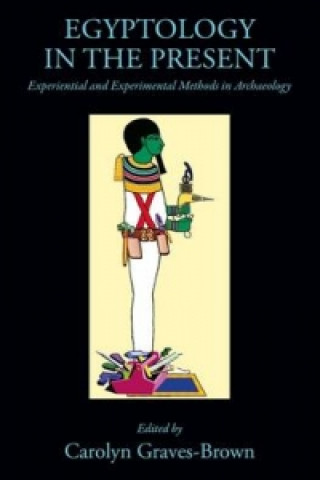
Kód: 03208801
Egyptology in the Present
Autor EDITED BY GRAVESBROW
This volume builds bridges between usually-separate social groups, between different methodologies and even between disciplines. It is the result of an innovative conference held at Swansea University in 2010, which brought togeth ... celý popis
- Jazyk:
 Angličtina
Angličtina - Vazba: Pevná
- Počet stran: 280
Nakladatelství: Classical Press of Wales, 2015
- Více informací o knize

2693 Kč
Dostupnost:
50 % šance Máme informaci, že by titul mohl být dostupný. Na základě vaší objednávky se ho pokusíme do 6 týdnů zajistit.
Máme informaci, že by titul mohl být dostupný. Na základě vaší objednávky se ho pokusíme do 6 týdnů zajistit.Prohledáme celý svět
Mohlo by se vám také líbit
Dárkový poukaz: Radost zaručena
- Darujte poukaz v libovolné hodnotě a my se postaráme o zbytek.
- Poukaz se vztahuje na celou naši nabídku.
- Elektronický poukaz vytisknete z e-mailu a můžete ihned darovat.
- Platnost poukazu je 12 měsíců od data vystavení.
Informovat o naskladnění knihy
Zadejte do formuláře e-mailovou adresu a jakmile knihu naskladníme, zašleme vám o tom zprávu. Pohlídáme vše za vás.
Více informací o knize Egyptology in the Present
Nákupem získáte 269 bodů
 Anotace knihy
Anotace knihy
This volume builds bridges between usually-separate social groups, between different methodologies and even between disciplines. It is the result of an innovative conference held at Swansea University in 2010, which brought together leading craftspeople and academics to explore the all-too-often opposed practices of experimental and experiential archaeology. The focus is upon Egyptology, but the volume has a wider importance. The experimental method is privileged in academic institutions and thus perhaps is subject to clear definitions. It tends to be associated with the scientific and technological. In opposition, the experiential is more rarely defined and is usually associated with schoolchildren, museums and heritage centres; it is often criticised for being unscientific. The introductory chapter of this volume examines the development of these traditionally-assumed differences, giving for the first time a critical and careful definition of the experiential in relation to the experimental. The two are seen as points on a continuum with much common ground. This claim is borne out by succeeding chapters, which cover such topics as textiles, woodworking and stoneworking. And Salima Ikram, Professor of Egyptology at the American University in Cairo, here demonstrates remarkably that our understanding of the classic Egyptian funerary practice of mummification benefits from both 'scientific' experimental and sensual experiential approaches. The volume, however, is important not only for Egyptology but for archaeological method more generally. The papers illuminate the pioneering of individuals who founded modern archaeological practice. Several papers are truly groundbreaking and deserve to circulate far beyond Egyptology. Thus the archaeologist Marquardt Lund tackles the problem of understanding the earliest known depictions of flint knife manufacture, those from an Egyptian tomb dated around 1900 BC. He shows the importance of thinking outside 'traditional', i.e. modern, knapping practice. Lund's knapping method, guided by the tomb depictions, is surprising but effective, and very different from that presented in manuals of lithic technology or taught in academic institutions.
 Parametry knihy
Parametry knihy
Zařazení knihy Knihy v angličtině Humanities Archaeology
2693 Kč
- Plný název: Egyptology in the Present
- Autor: EDITED BY GRAVESBROW
- Jazyk:
 Angličtina
Angličtina - Vazba: Pevná
- Počet stran: 280
- EAN: 9781910589021
- ISBN: 9781910589021
- ID: 03208801
- Nakladatelství: Classical Press of Wales
- Hmotnost: 584 g
- Rozměry: 164 × 249 × 19 mm
- Datum vydání: 30. June 2015
Oblíbené z jiného soudku
-
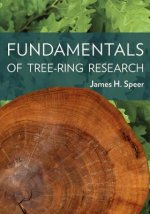
Fundamentals of Tree Ring Research
1326 Kč -
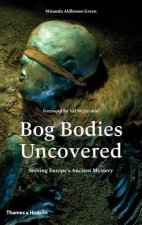
Bog Bodies Uncovered
677 Kč -
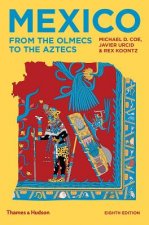
Mexico
515 Kč -
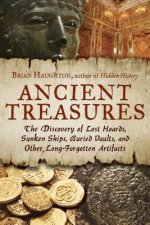
Ancient Treasures
498 Kč -
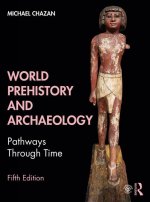
World Prehistory and Archaeology
2969 Kč -
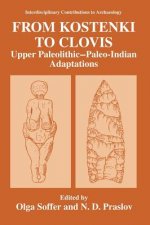
From Kostenki to Clovis
5061 Kč -

Faunal Extinction in an Island Society
5061 Kč -
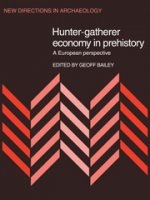
Hunter-Gatherer Economy in Prehistory
1033 Kč -
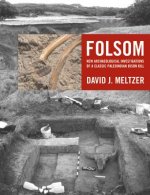
Folsom
2757 Kč -

People and Culture in Ice Age Americas
2219 Kč -
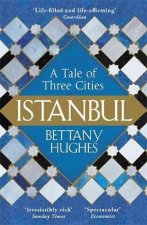
Istanbul
433 Kč -
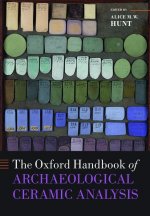
Oxford Handbook of Archaeological Ceramic Analysis
1352 Kč -

Magical House Protection
809 Kč -
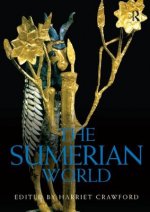
Sumerian World
1612 Kč -
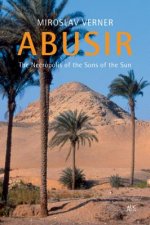
Abusir
1376 Kč -

Master Plan
410 Kč -
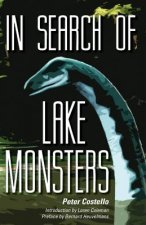
In Search of Lake Monsters
613 Kč -

Archaeology
1286 Kč -
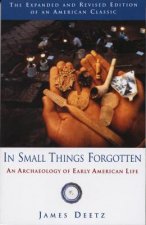
In Small Things Forgotten
410 Kč -
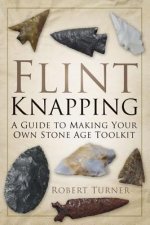
Flint Knapping
454 Kč -
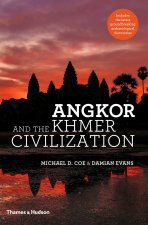
Angkor and the Khmer Civilization
662 Kč -
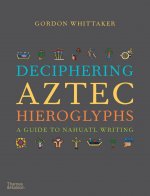
Deciphering Aztec Hieroglyphs
677 Kč -
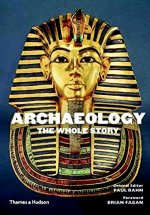
Archaeology: The Whole Story
680 Kč -
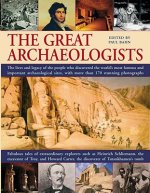
Great Archaeologists
282 Kč -
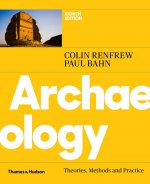
Archaeology
1474 Kč -
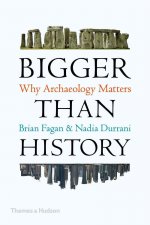
Bigger Than History
355 Kč -
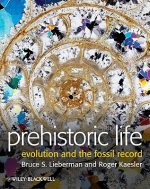
Prehistoric Life - Evolution and the Fossil Record
2282 Kč -

Digging for Hitler
765 Kč -
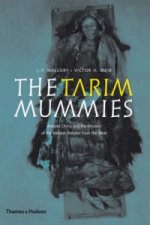
Tarim Mummies
580 Kč -
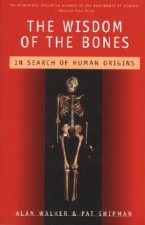
The Wisdom of the Bones: In Search of Human Origins
470 Kč -
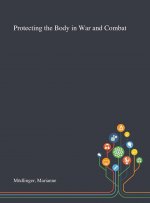
Protecting the Body in War and Combat
1512 Kč -
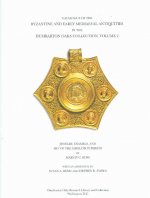
Catalogue of the Byzantine and Early Mediaeval A - With an Addendum Jewelry, Enamels and Art of the Migration V 2
3686 Kč -
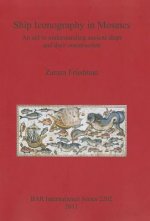
Ship Iconography in Mosaics
2619 Kč -
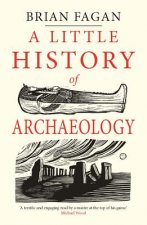
Little History of Archaeology
394 Kč -
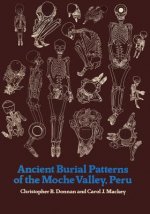
Ancient Burial Patterns of the Moche Valley, Peru
1798 Kč -
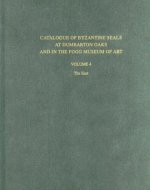
Catalogue of Byzantine Seals at Dumbarton Oaks and in the Fogg Museum of Art, 4: The East
1395 Kč -
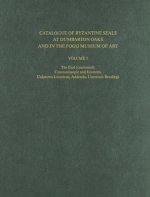
Catalogue of Byzantine Seals at Dumbarton Oaks a - Constantinople and Environs, Unknown Locations, Addenda, Uncertain Readings
1395 Kč -
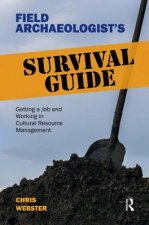
Field Archaeologist's Survival Guide
1358 Kč -
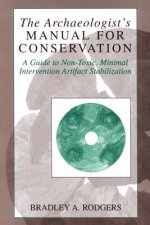
Archaeologist's Manual for Conservation
1892 Kč -
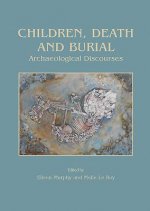
Children, Death and Burial
1446 Kč -
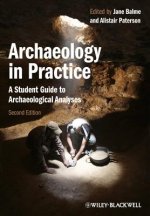
Student Guide to Archaeological Analyses
2180 Kč -
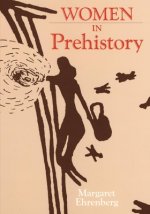
Women in Prehistory
774 Kč -
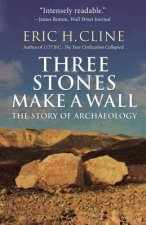
Three Stones Make a Wall
438 Kč -
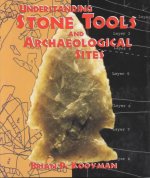
Understanding Stone Tools
1002 Kč -
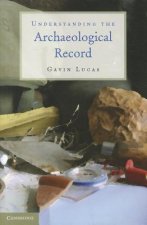
Understanding the Archaeological Record
1218 Kč -
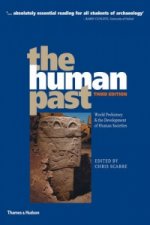
Human Past
1921 Kč -
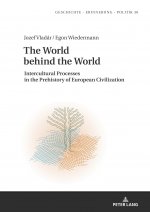
World behind the World
1719 Kč -
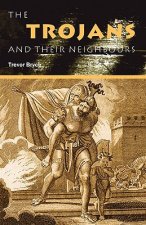
Trojans & Their Neighbours
1428 Kč -

Towers in the North
750 Kč
Osobní odběr Praha, Brno a 12903 dalších
Copyright ©2008-24 nejlevnejsi-knihy.cz Všechna práva vyhrazenaSoukromíCookies


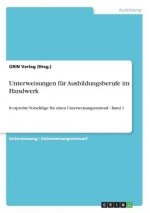
 Vrácení do měsíce
Vrácení do měsíce 571 999 099 (8-15.30h)
571 999 099 (8-15.30h)